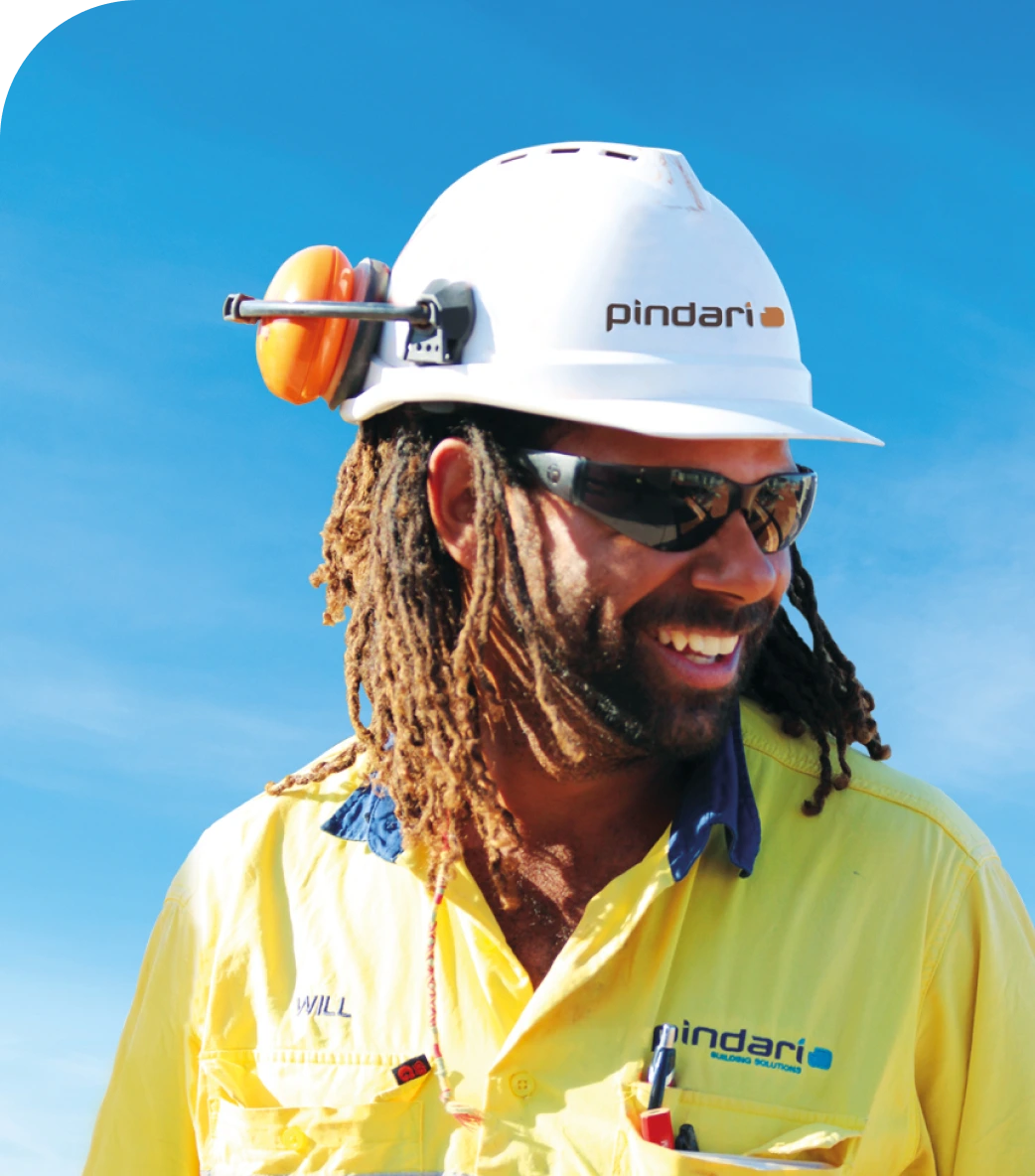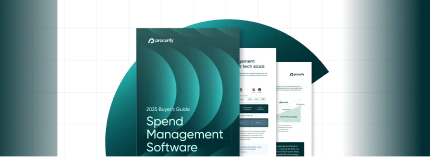
Pindari WA is an Australian, Indigenous-owned and operated contracting company. Starting as an electrical contracting business in 1997, Pindari has expanded to offer building, maintenance, and labor hire services to the resources, government, and commercial sectors across Western Australia.
The Pindari way
If you have never heard of Pindari WA, there are a few key points to understand about this progressive Western Australian company. This is an Aboriginal-owned and run company – the name “Pindari” derives from an Indigenous word that means “From the High Ground” and the company values and culture reflect this.
Pindari has 350-plus employees and a 20 percent Indigenous employment benchmark.
“We call it ‘The Pindari Way,’” said Holly Hammond, Financial Controller at Pindari. “The focus has always been on delivering with integrity and to a higher standard. It’s the way we do things around here.”
The second stand-out aspect of Pindari is their dedication to safety. With a commitment to ISO9001:2015 Quality Assurance, Pindari has achieved zero fatalities, zero major incidents, and zero environmental incidents, while maintaining full compliance with HSE reporting.
Since 1997, Pindari has delivered excellence in electrical, maintenance, building, and labor hire services across the mining, government, and commercial sectors in Western Australia’s Pilbara and South West regions. Through a multitude of changes and post-pandemic economic factors of the past half-decade, Pindari has continued to build and grow, while preserving and strengthening its company culture and underpinning values.
“We’ve been fortunate to have opportunities and projects to support our growth, but our success has felt organic and we’ve remained down to earth,” said Hammond. “It still has a family-based approach and feel.”

The challenges
Pindari has staff working in 15 physical locations in Western Australia including Perth, Pilbara, and their headquarters in Dunsborough. Maintaining consistent procurement and AP visibility across several business units is difficult.
“It’s always challenging trying to have a system that can cater to each business unit’s specific needs,” said Hammond. “We have to be creative in how we stay in touch with people, and how we manage our software, systems, and processes.”
According to Hammond and the Finance team at Pindari, several key AP and procurement challenges can arise from a company in a high-growth phase.
-
Manual, error-prone processes: With over a dozen locations, Pindari’s AP team needed a comprehensive digital audit trail for spend visibility and to minimize human error and data silos.
-
Spend management: To maintain business sustainability, Pindari adheres to strict financial processes, including controlling spend, setting site-specific budgetary standards, and keeping projects on schedule.
-
Usability requirements: AP leaders and support staff needed an intuitive and easy-to-learn interface that would allow them to create reports and procure products and services seamlessly.

The solution
Prior to Procurify, Pindari relied on manually inputting AP and procurement data into Excel spreadsheets. In 2019, just before the company experienced a period of significant growth, Pindari modernized its finance processes with Procurify. The move to digitize the AP and procurement functions under Procurify’s end-to-end solution enabled Pindari to have greater visibility into spending, reduce mistakes, and make the entire process more efficient.
“The last three or four years have been a period of sustained company growth,” Hammond said in a 2024 interview. “If we didn’t have a building block such as Procurify at that earlier stage, it probably would have significantly impacted the ability to grow.”
Some of the benefits of Procurify features that have assisted Pindari in scaling have been:
-
Streamlined workflows through AP automation: Procurify’s AP automation module allows Pindari to manage large volumes of invoices (AU $4 million in POs) while leveraging auto three-way matching to verify suppliers and avoid paying duplicate bills.
-
Quick and accurate data extraction: Procurify streamlines invoice processing through automated OCR technology, which extracts supplier and invoice data.
-
Adoption and user experience: Procurify’s intuitive interface and robust budgeting functionality made the change management and adoption process simple for Pindari employees tasked with procuring and approving purchases.
-
Enhanced efficiency and communication: Using the comment and chat function in the Procurify procure-to-pay platform, Pindari users can improve communication across teams and departments, getting real-time visibility and context into pending purchases.

Takeaways
The Procurify end-to-end solution has not only been able help support Pindari during its recent growth phase by providing control and visibility into spending and streamlining the purchasing process, it has significantly simplified AP and procurement while simultaneously improving internal communication.
“I would recommend Procurify simply for its functionalities and user-friendliness,” said Narelle McLeod, Account Supervisor at Pindari. “The software is easy to learn, and we appreciate the audit trails and the ability to adjust. It’s much simpler in comparison to other clunky systems that we have used – it’s a lot more modern and less daunting.”

